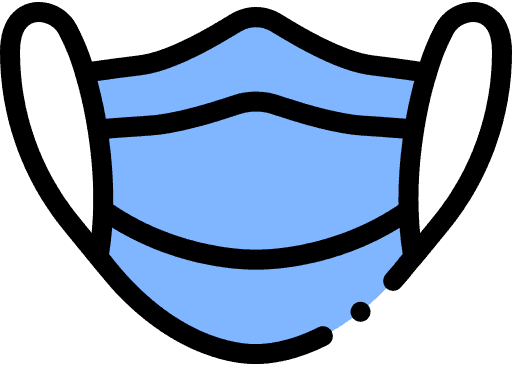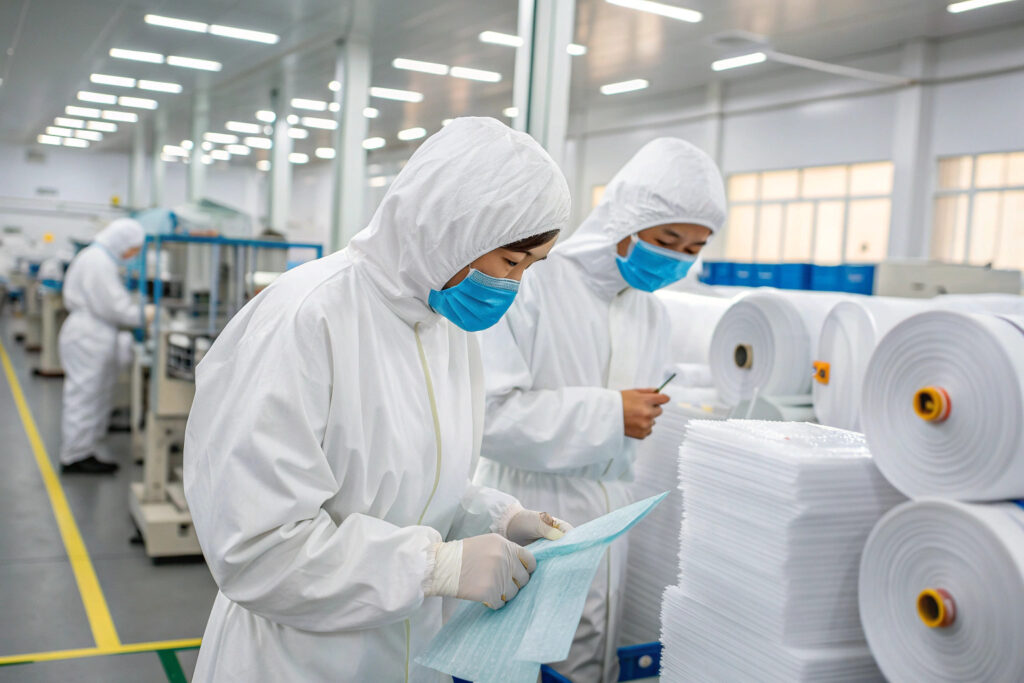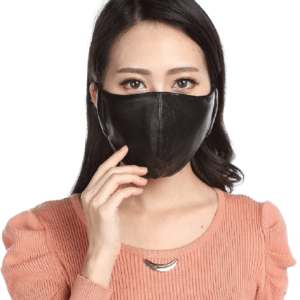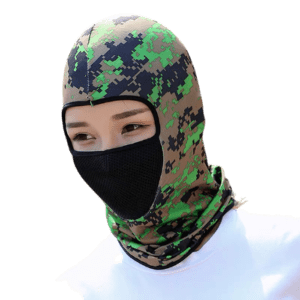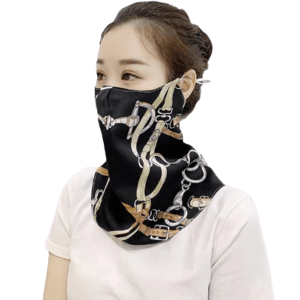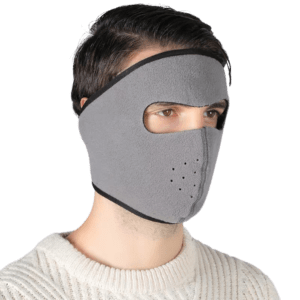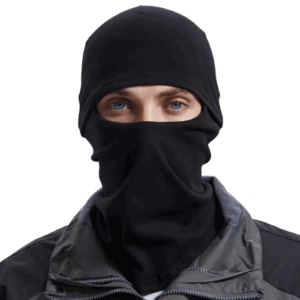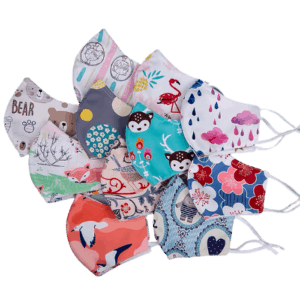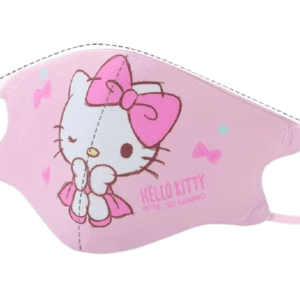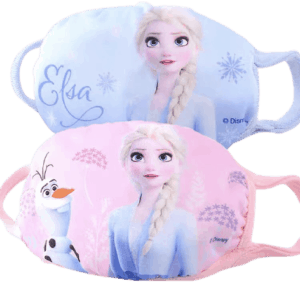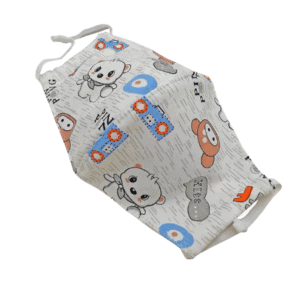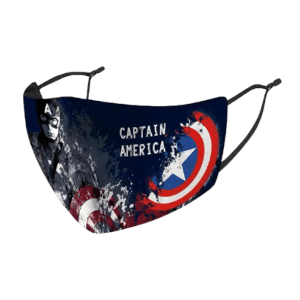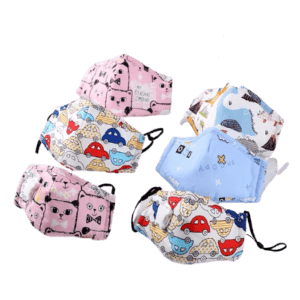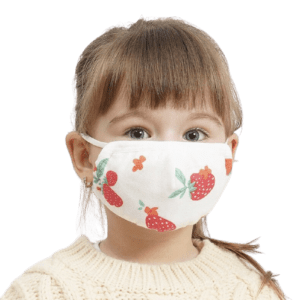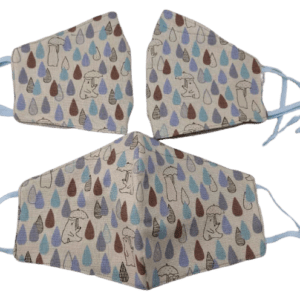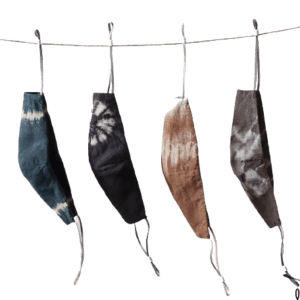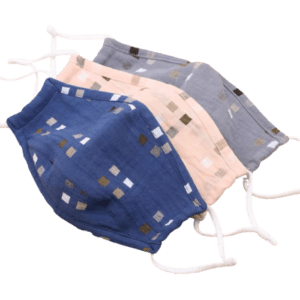Many wholesale buyers often face a challenge when sourcing everyday cloth face masks. They see endless options, but few meet the real needs of their customers. Poor fit, weak filtration, or uncomfortable designs lead to wasted time and money. This problem frustrates buyers who need reliable suppliers for bulk orders.
The top features buyers want in wholesale cloth masks are clear: filtration, fit, comfort, washability, and flexible protection. These features drive purchase decisions because they directly impact user safety and satisfaction.
When you know what buyers look for, you can avoid costly mistakes and choose suppliers who deliver quality and consistency. Let’s explore these five features in detail.
Why Is Multi-Layer Filtration So Important?
Buyers often complain that many cloth masks look good but fail at real protection. If a mask cannot filter particles effectively, customers lose confidence and sales drop. This is why wholesale buyers pay attention to filtration ratings and fabric composition.
Multi-layer cloth masks are the industry standard because they combine comfort with safety. WHO and CDC recommend at least three layers: an inner cotton layer, a middle filtration layer, and an outer hydrophobic fabric.

The benefit is not only better protection but also market credibility. When buyers see masks tested for filtration and certified under standards like ASTM International or CDC guidelines, they are more willing to commit to large orders.
How Do Buyers Check Fabric Layers?
Buyers usually ask for detailed spec sheets and test results. They want QR code traceability, shrinkage data, and colorfastness reports. Suppliers who provide these upfront show professionalism. Without these documents, many orders get delayed or canceled.
Are Multi-Layer Masks Still Comfortable?
Yes, when designed with breathable materials like cotton or nonwoven polypropylene. Smart suppliers balance filtration and airflow. Many add features like anti-fog nose bridges or stretchable fabrics that make the mask wearable for long hours.
Why Does Fit and Seal Matter for Everyday Use?
Many buyers believe that filtration alone makes a good mask, but a poor fit cancels out its effectiveness. Loose masks leak air and fail at protection, which customers notice right away.
Fit and seal are critical. Wholesale buyers look for masks with adjustable ear loops, nose wires, and 3D contour shapes. These features prevent gaps around the nose and chin, ensuring the mask works as intended.
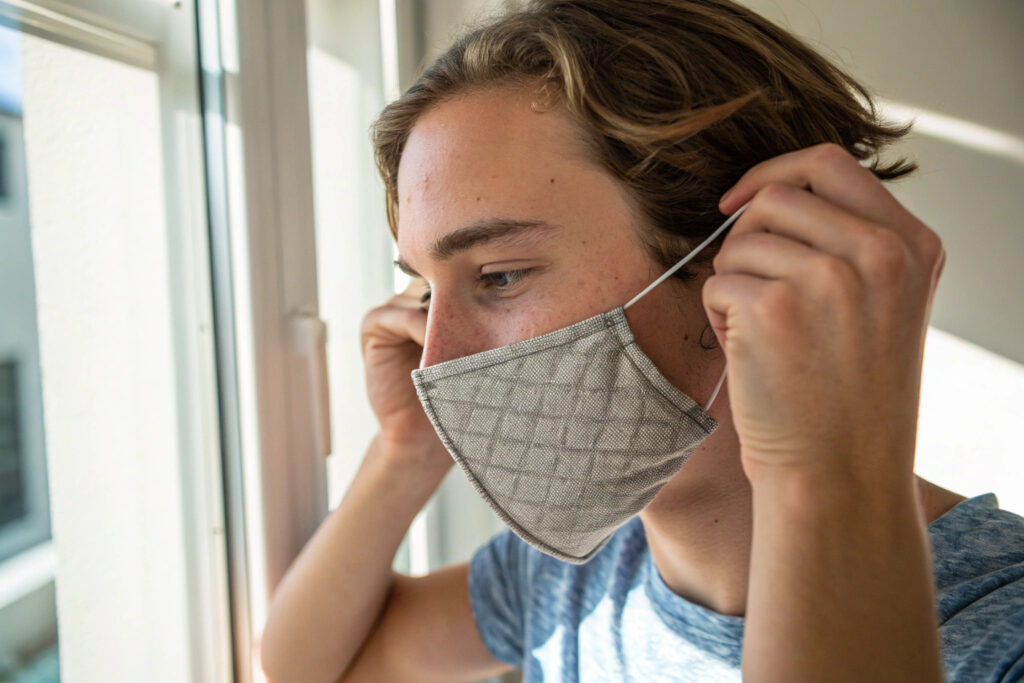
Suppliers who master fit design win repeat orders. Customers trust masks that stay in place, especially during long commutes or work shifts. This is why premium brands and retailers prefer suppliers who test for real-world wearability.
What Features Improve Fit?
Adjustable nose bridges, elastic ear savers, and chin cups. According to NIOSH, these features reduce air leakage and improve safety. Buyers also look for ergonomic designs inspired by medical masks.
Do Buyers Pay Extra for Better Fit?
Yes, many do. Even in price-driven markets, comfort and seal sell. Large retailers want masks that minimize customer complaints. A slightly higher unit cost often pays off in stronger brand reputation and lower return rates. Harvard Health Publishing notes that a snug fit directly affects protection levels.
Why Do Buyers Care About Comfort and Breathability?
Imagine selling masks that protect well but suffocate the wearer. Customers stop wearing them, and sales collapse. Wholesale buyers understand this problem and demand fabrics that balance protection with comfort.
Comfort and breathability are non-negotiable. Buyers prefer lightweight cotton, moisture-wicking blends, and ergonomic ear designs. These details make masks wearable for long hours without irritation.

This is especially important for children’s masks, sports masks, and fashion-forward designs where users prioritize comfort. Wholesale buyers check fabric softness, weight, and airflow before confirming bulk orders.
Which Fabrics Are Most Comfortable?
Cotton and flannel are common, but some buyers request antimicrobial-treated fabrics. According to Textile World, breathable fibers reduce skin irritation and improve user satisfaction. Some suppliers also use merino wool blends for high-end markets.
How Do Buyers Test Comfort?
Buyers often wear samples for hours. They also request wash tests to ensure fabric softness lasts. Retailers use customer feedback to compare suppliers. According to Allure, ear savers and stretch fabrics play a big role in comfort ratings.
Why Do Buyers Prefer Masks with Filter Pockets?
Many buyers want flexibility. Not every customer needs maximum protection all the time, but having the option matters. This is why masks with filter pockets are popular.
Filter pockets let users insert disposable or washable filters when needed. Buyers see this as an easy way to upgrade protection without changing mask fit.
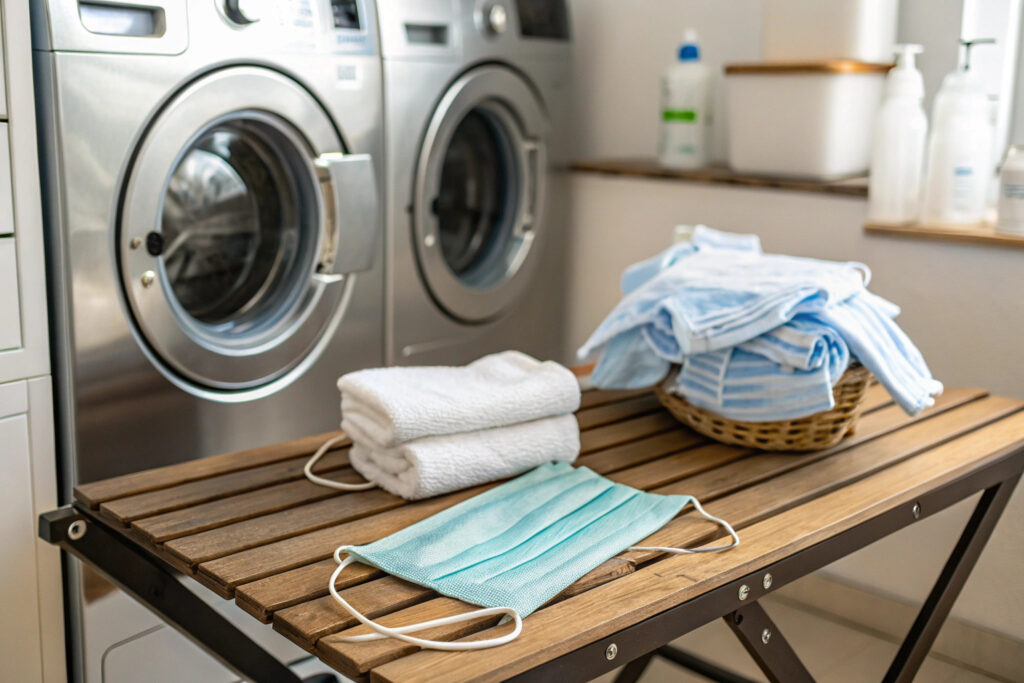
Masks with built-in or optional filters sell well in wholesale markets. They allow suppliers to target both fashion buyers and medical accessory distributors. This versatility makes them attractive for bulk orders.
What Filters Do Buyers Request?
PM2.5 carbon filters are common. According to EPA guidelines, these filters improve protection against fine particles. Some buyers also prefer HEPA-like filter options.
Do Filter Pockets Affect Mask Design?
Not significantly. Well-designed pockets do not reduce comfort. Instead, they increase market value. According to Verywell Health, buyers see them as a smart compromise between everyday comfort and added safety.
Conclusion
Wholesale buyers focus on five main features when choosing everyday cloth face masks: multi-layer filtration, snug fit, comfort, durability, and filter flexibility. These features define customer trust, brand reputation, and long-term sales success.
If you are ready to produce high-quality cloth masks with these essential features, we invite you to partner with us. At Shanghai Fumao, we specialize in large-scale mask production with end-to-end quality control, rapid sampling, and global logistics. You can contact our Business Director Elaine at elaine@fumaoclothing.com to discuss your bulk mask order today.
